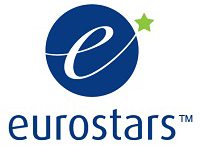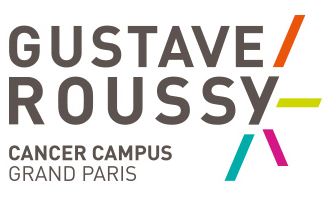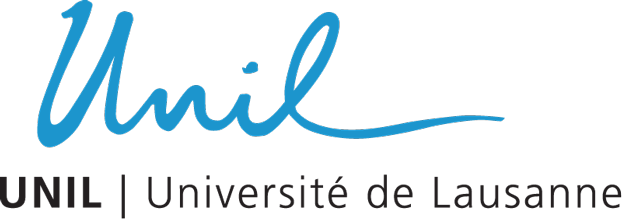AC BioScience is focused on personalized molecular therapies; that is, medical care designed to optimize efficiency or therapeutic benefit for particular groups of patients by using molecular profiling.
We are pioneering a ground-breaking therapy to potentiate the efficacy of existing immuno-oncology therapies using combination treatment strategies. We aim to develop drug products with regulatory approval up to and including proof-of-concept (phase II) for subsequent out-licensing to global pharmaceutical companies.
The company’s priority targets are the treatment of tumoral pathologies. Specifically, we aim at improving antigen presentation and overcoming immune escape, and thereby enhancing the efficacy of checkpoint-inhibitor immune therapy.
Emanating from previous research into our legacy molecule ACB1801, within the framework of our Eurostars project, our scientists discovered the Imidazole molecule ACB2112. Unlike for ACB1801 (Harmine) which is in the public domain for which the company has application patents, full IP rights for ACB2112 as a novel molecule have been secured. Moreover, efficacy of ACB2112 in combination with anti-PD1, has been demonstrated in preclinical “proof-of-concept” studies to reduce colorectal cancer tumor growth in mice.
AC BioScience’s objective is to turn innovation into economic value and to secure optimum protection for its intellectual property. To this end, the company has been diligently protecting its innovations, research and validation work by filing patent applications or acquiring patents for their broadest applications.
Whilst the company has filed an application patent for ACB1801 protecting its use in oncology, it has secured full rights for its new ACB2112 covering its ownership of the new molecule (‘composition-of-matter’) in a broad number of indications including oncology.
AC BioScience has obtained a EUROSTARS grant of € 852 Thousand in 2022 for its multi-partner transnational innovation project. AC BioScience is the lead partner of a consortium that includes the Luxembourg Institute of Health (LIH) and Gustave Roussy Institute (IGR, France). This European grant has allowed AC BioScience to deepen its research into its immuno-stimulatory molecule ACB1801 and has led to the discovery of ACB2112.



An Innosuisse-funded collaborative research project with the University of Lausanne was completed in 2022. The project demonstrated that the administration of AC Bioscience’s immuno-modulating compounds overcomes parasite-elicited immune subversion in Leishmaniasis.
